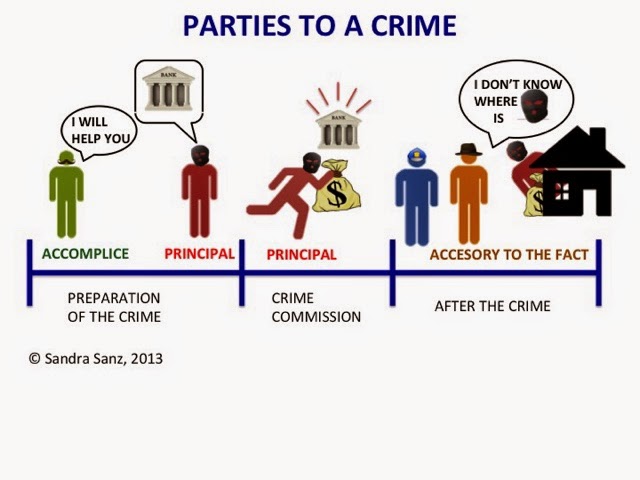Online Libel?
"Be responsible.
Anything malicious post/s you have on your wall in FACEBOOK, TWITTER, INSTAGRAM, GOOGLE and the likes might implicate you in the crime of LIBEL."
With the recent decision of the Supreme Court of the Philippines upholding the constitutionality of the provision on online libel, it is expected that sooner or later, our courts would be flooded with the filing of cases of what has been posted on facebook, twitter and the likes.
Anything malicious post/s you have on your wall in FACEBOOK, TWITTER, INSTAGRAM, GOOGLE and the likes might implicate you in the crime of LIBEL."
With the recent decision of the Supreme Court of the Philippines upholding the constitutionality of the provision on online libel, it is expected that sooner or later, our courts would be flooded with the filing of cases of what has been posted on facebook, twitter and the likes.
If the libel is committed online, the penalty shall be increased by one degree based on what has been provided by the Revised Penal Code (Sec. 6 of Republic Act Number 10175 or otherwise known as Cybercrime Prevention Act of 2012).
The fact that the provision on online libel was only inserted before it was signed into law is already beside the point. That provision is already declared constitutional and would remain so unless declared otherwise by the same Supreme Court of the Philippines in the coming days or years.
What constitutes the crime of libel?
The Revised Penal Code provides the basic definition of a crime of libel:
"A libel is a public and malicious imputation of a crime, or of a vice or defect, real or imaginary, or any act, omission, status, or circumstance tending to cause the dishonor, discredit, or contempt of a natural or juridical person, or to blacken the memory of one who is dead."
To be liable for libel, the following elements must be shown to exist:
(a) the allegation of a discreditable act or condition concerning
another; (b) publication of the charge; (c) identity of the person
defamed; and (d) existence of malice. [Vasquez v. Court of Appeals, 373 Phil. 238 (1999)]
Publication:
There is publication when the defamatory remark is communicated to a third person. There should be communication of information to the public. Medium of communication includes print, television, radio and now the cyberspace.
Presumption:
Every defamatory imputation, whether truth or not, is presumed to be malicious and therefore libelous.
"Every defamatory imputation is presumed to be malicious, even if it be true, if no good intention and justifiable motive for making it is shown except in the following cases:
1. A private communication made by any person to another in the performance of any legal, moral, or social duty and
2. A fair and true report, made in good faith, without any comments or remarks, of any judicial, legislative, or other official proceedings which are not of confidential nature, or of any statement, report, or speech delivered in said proceedings, or of any other act performed by public officers in the exercise of their functions."
Online Libel:
Considering the vastness of reach of the cyberspace, the Supreme Court limits the persons accountable for a libelous posts, remarks, tweets, comments, and the like in the internet. Libel shall be imputed only to the original author/s of the those libelous posts, remarks, tweets, comments, and the likes online.
Thus, those who would like to retweet, repost, and like the libelous materials, they are spared with the wrath. You may be not covered with liking libelous materials, however, the moment you add something libelous in your retweeting, reposting and sharing, you are already liable to such act.
Note: Truth is not a defense in the crime of libel.


Comments
Post a Comment